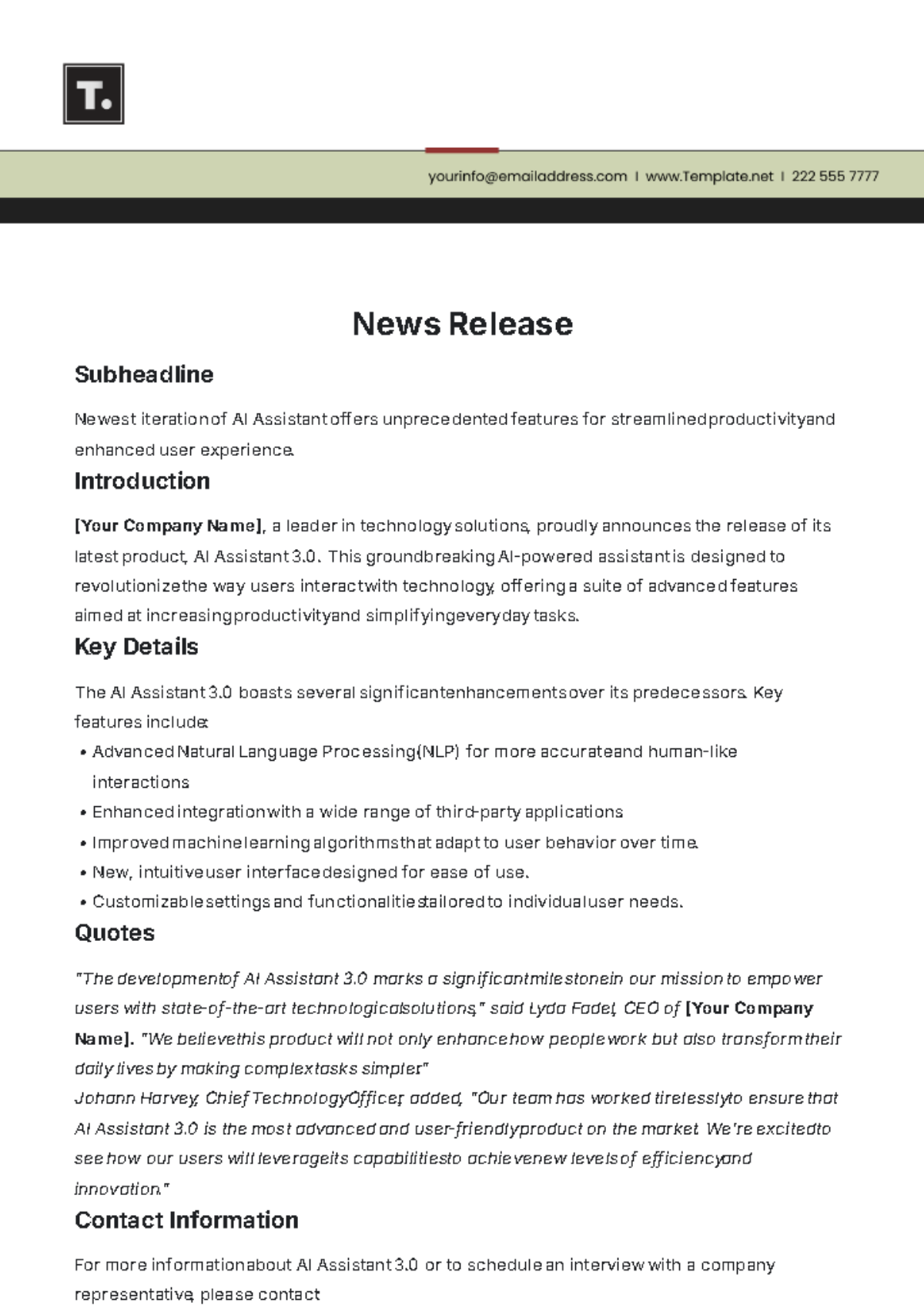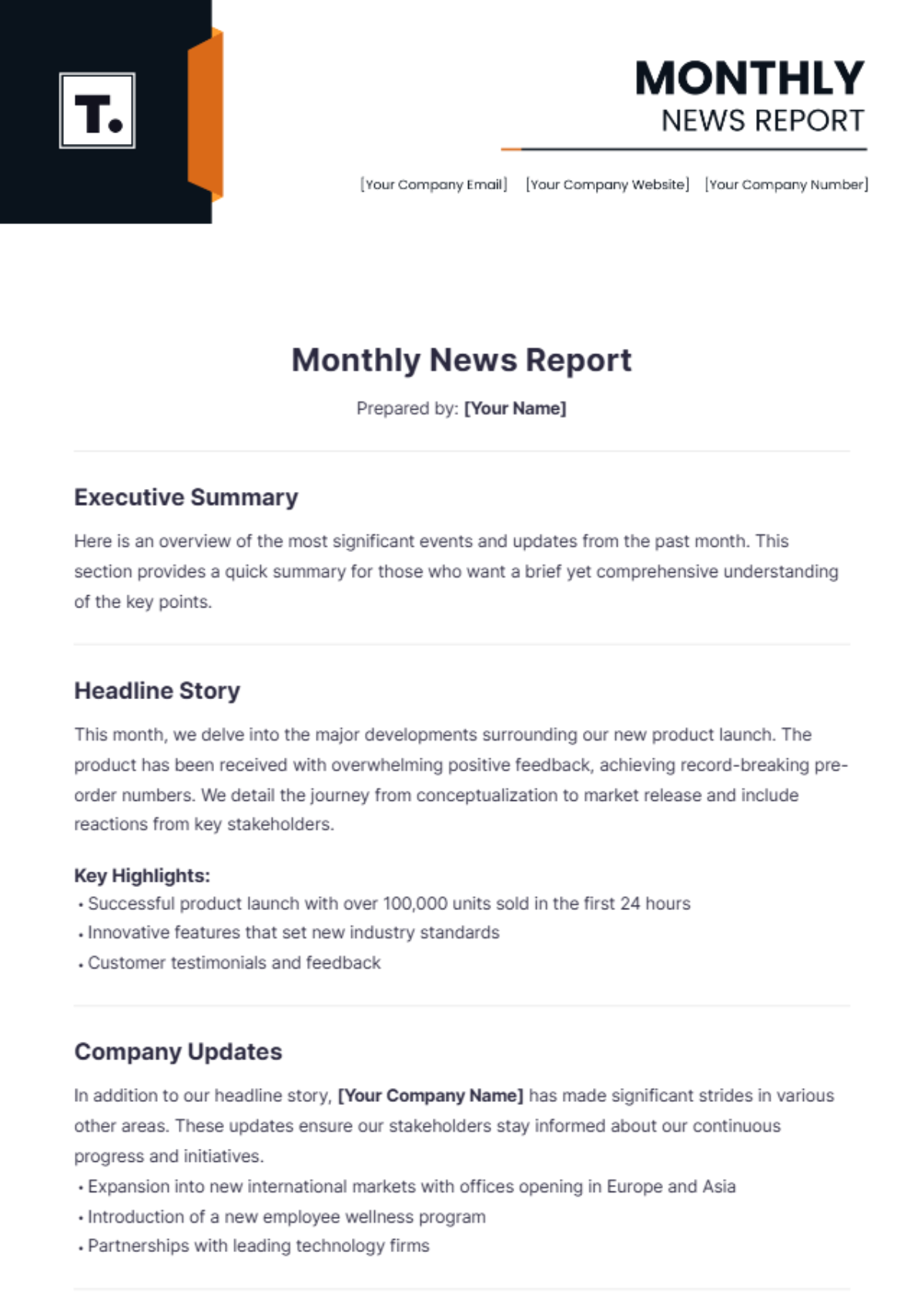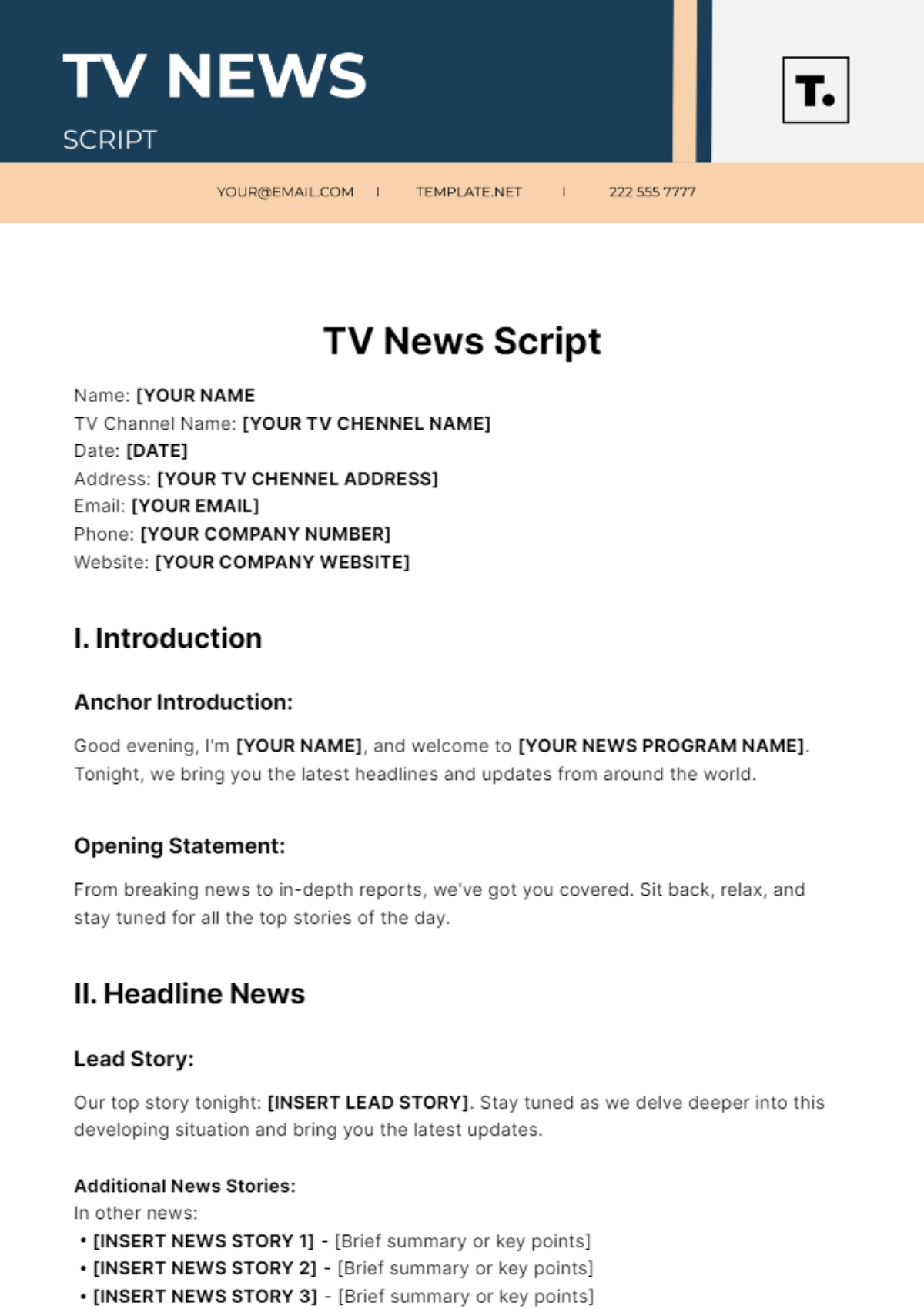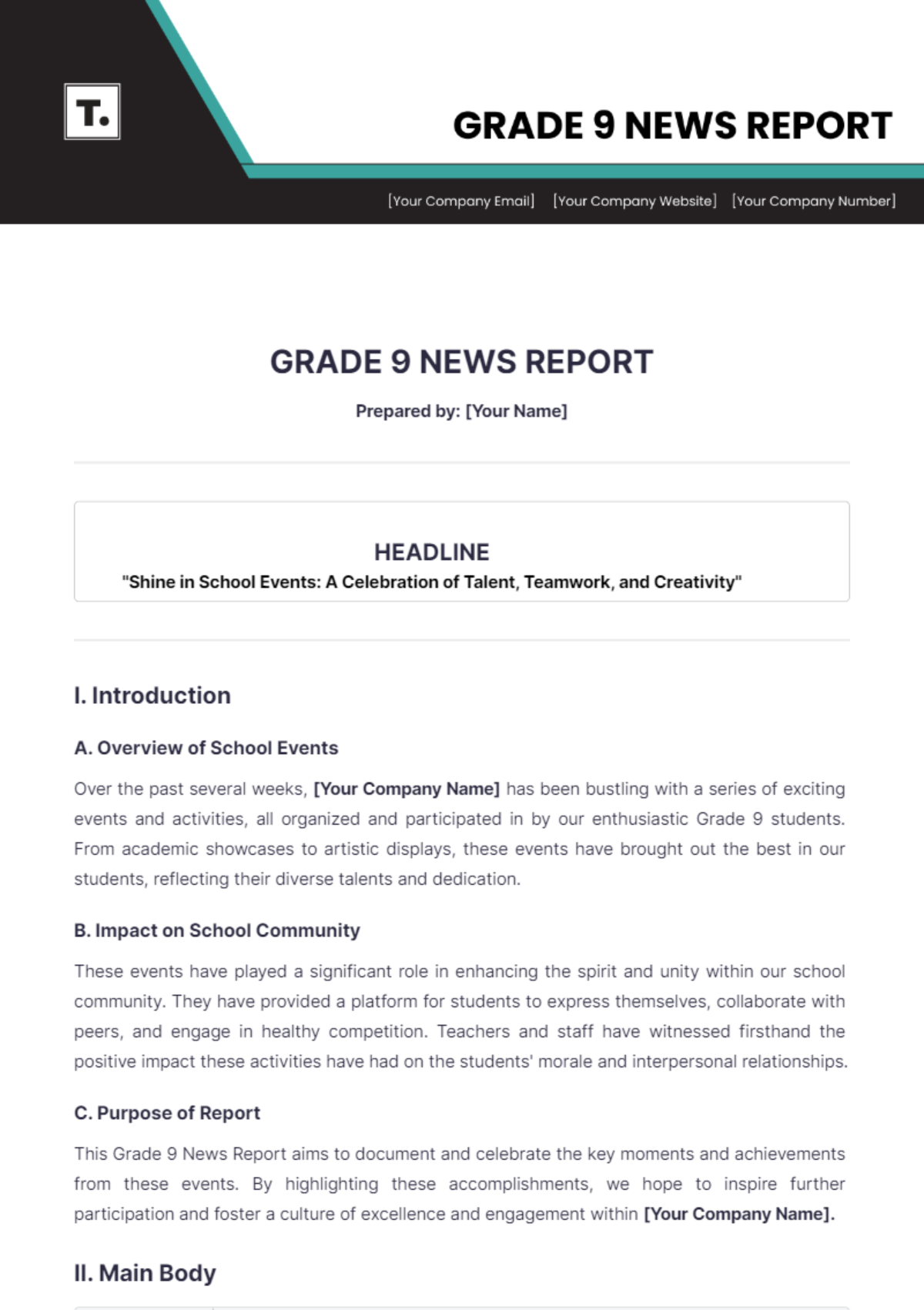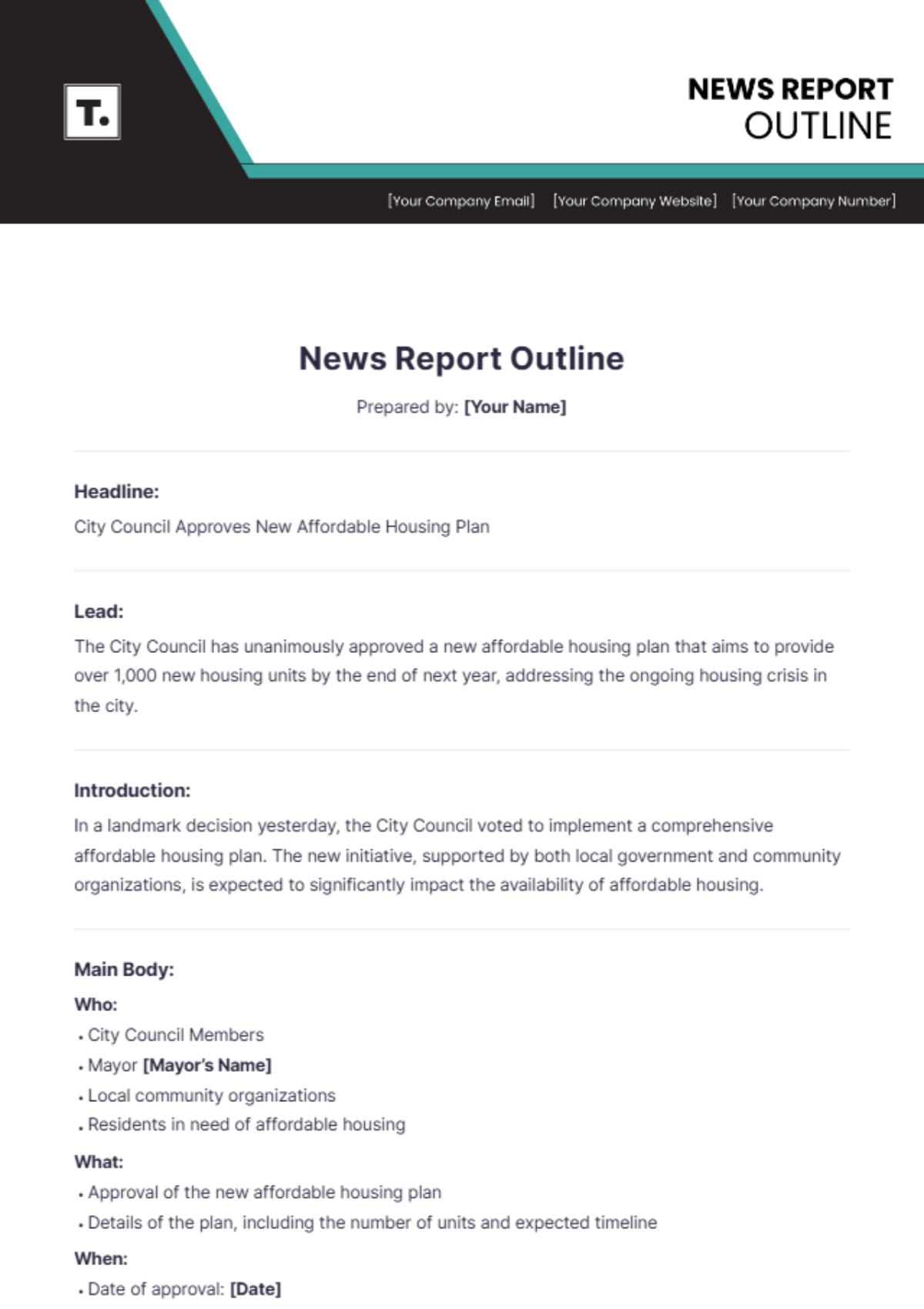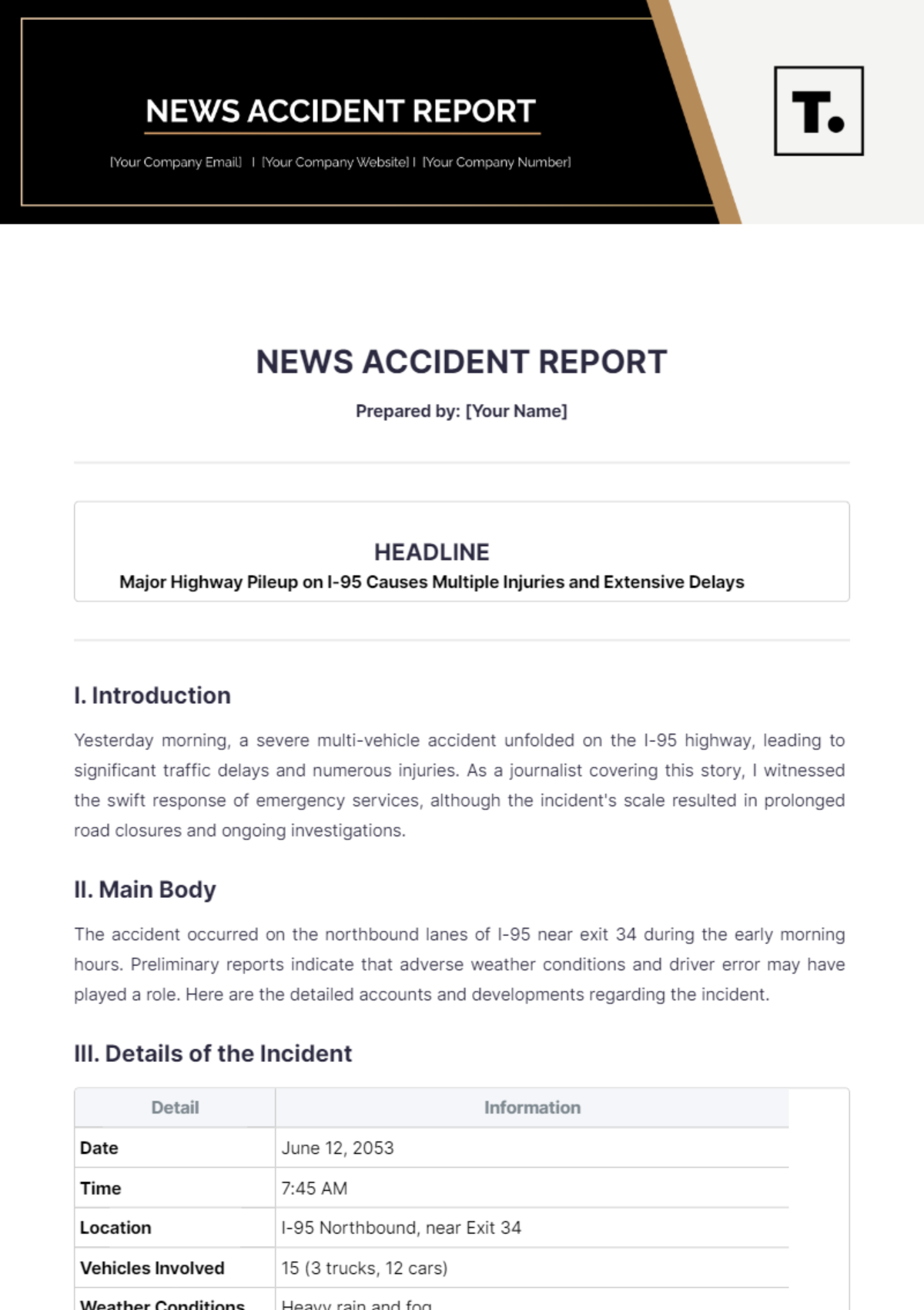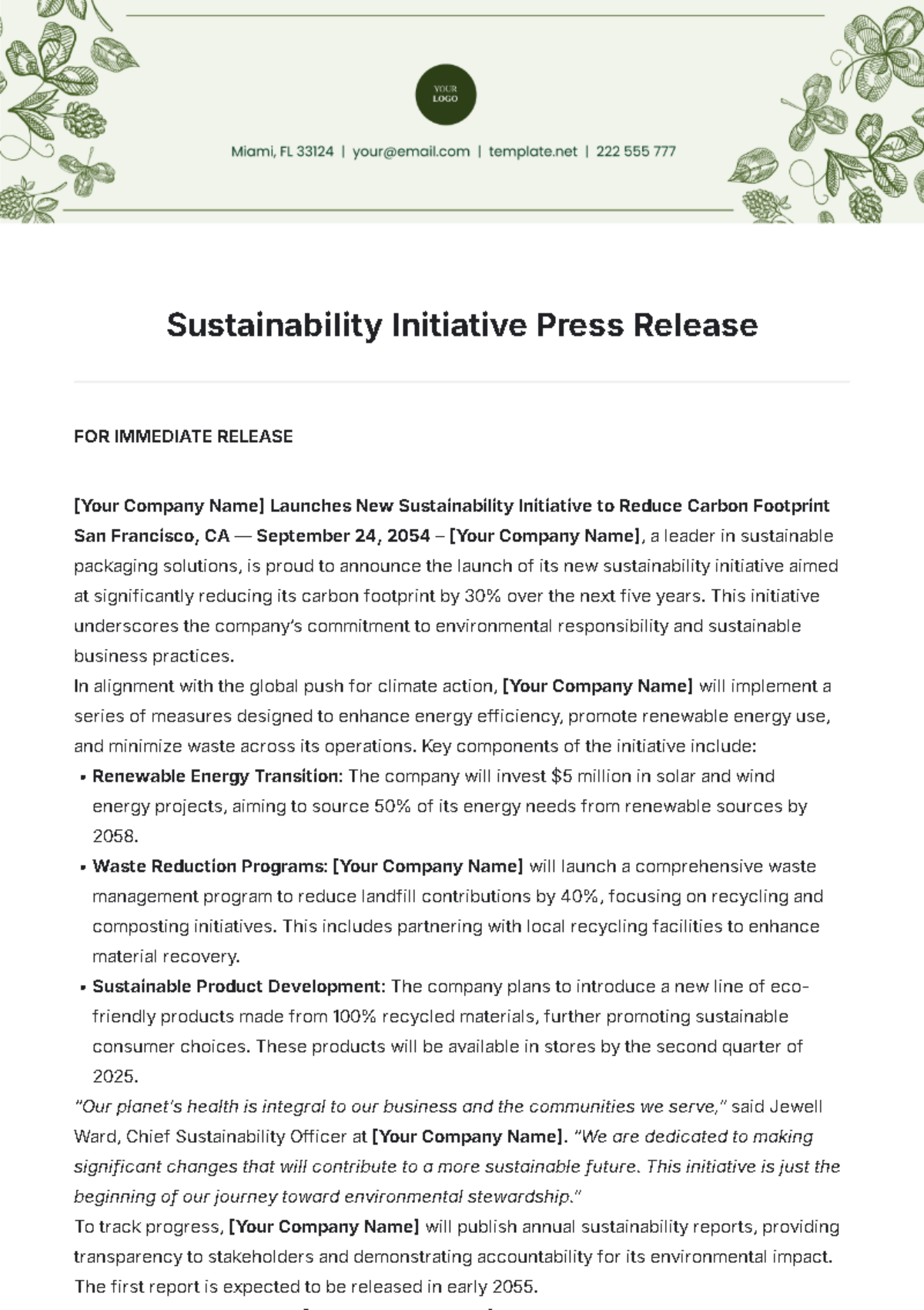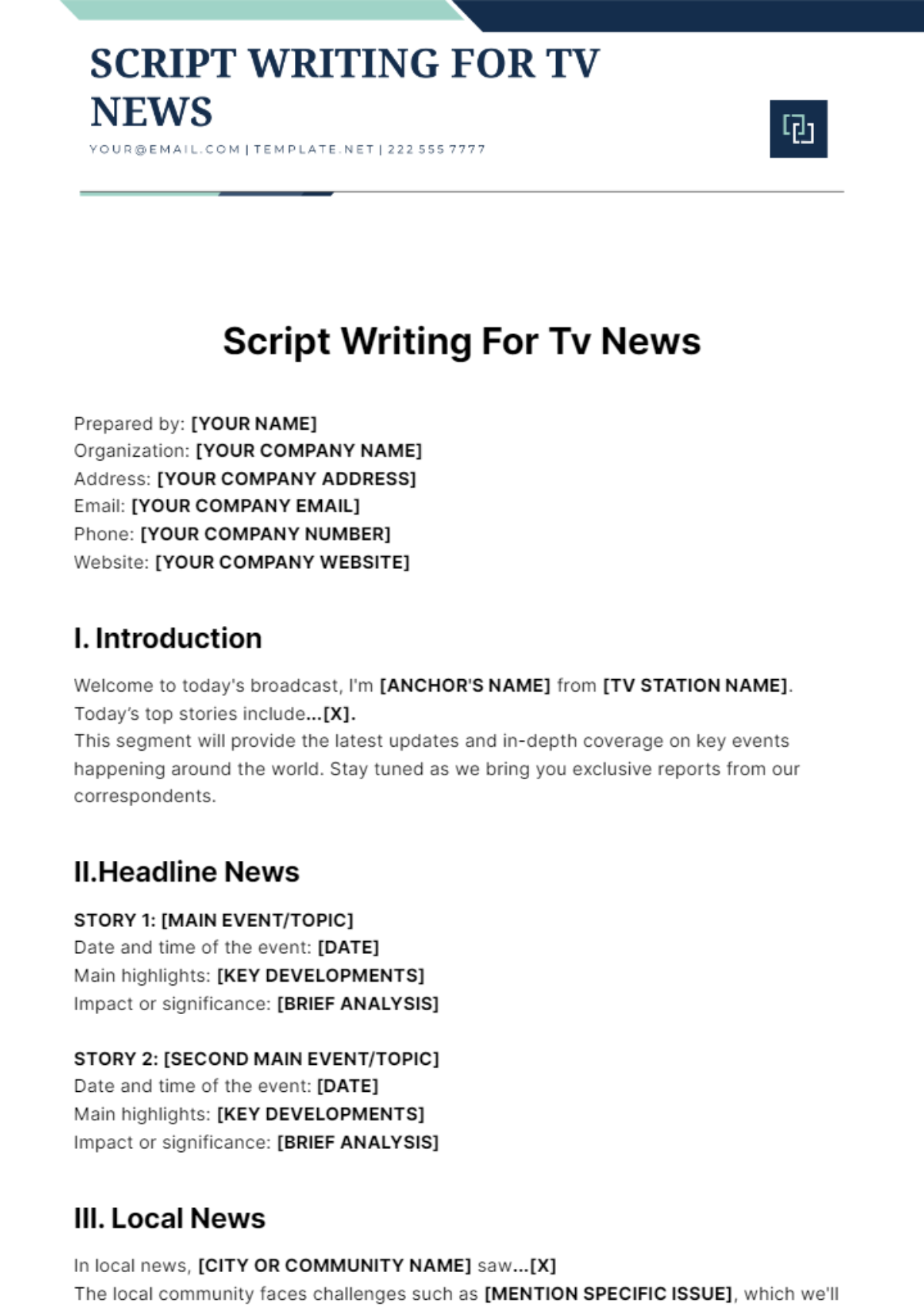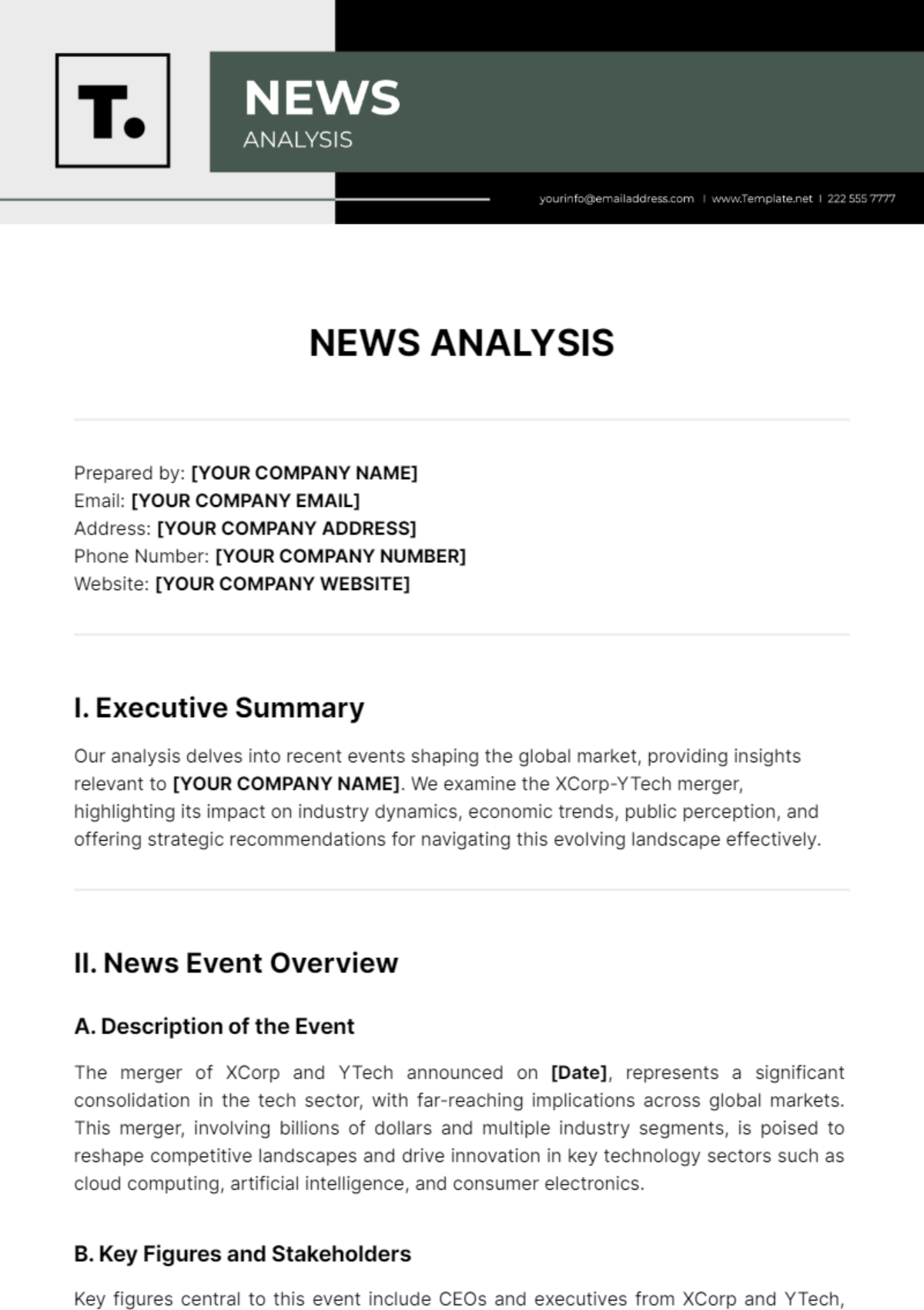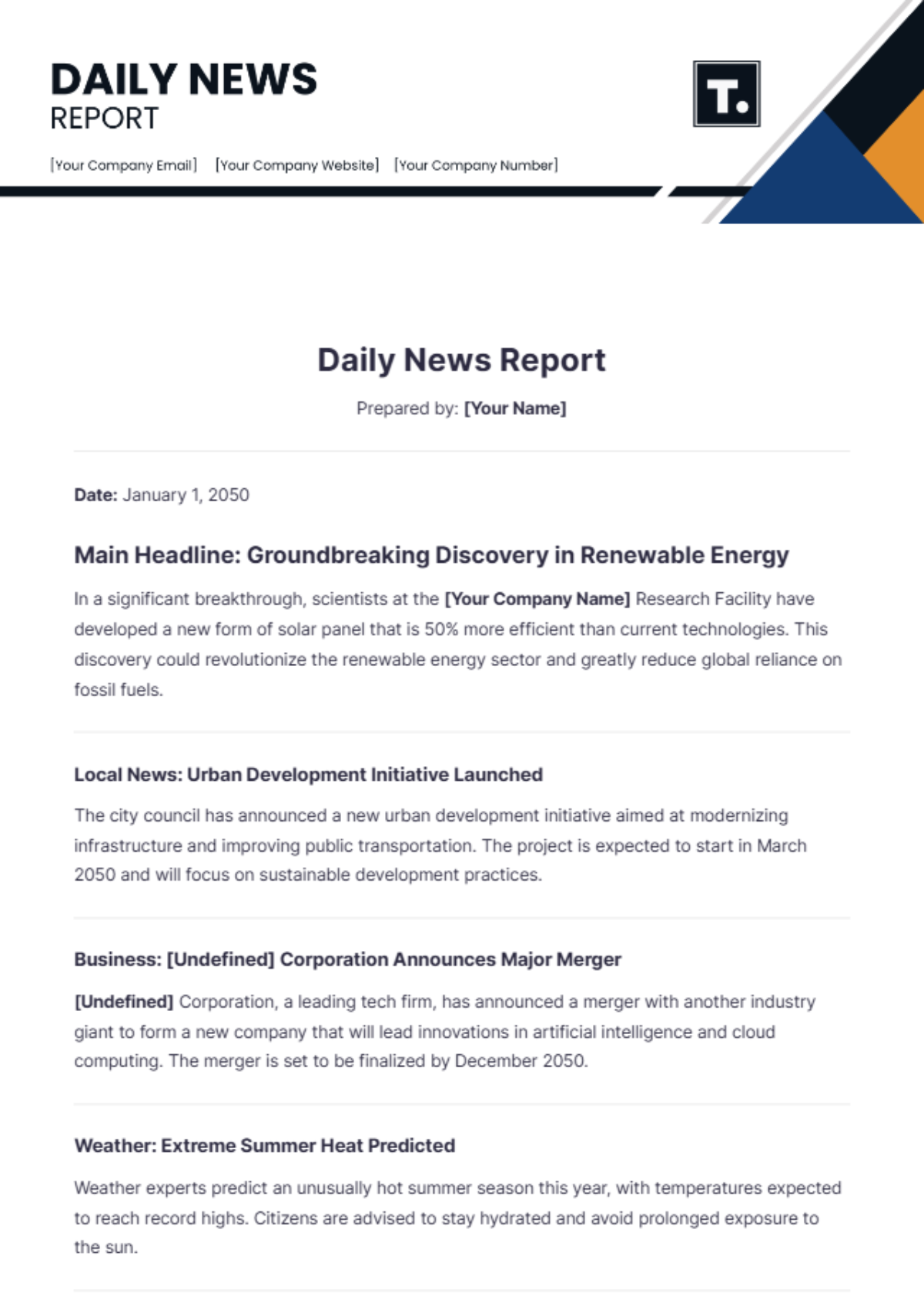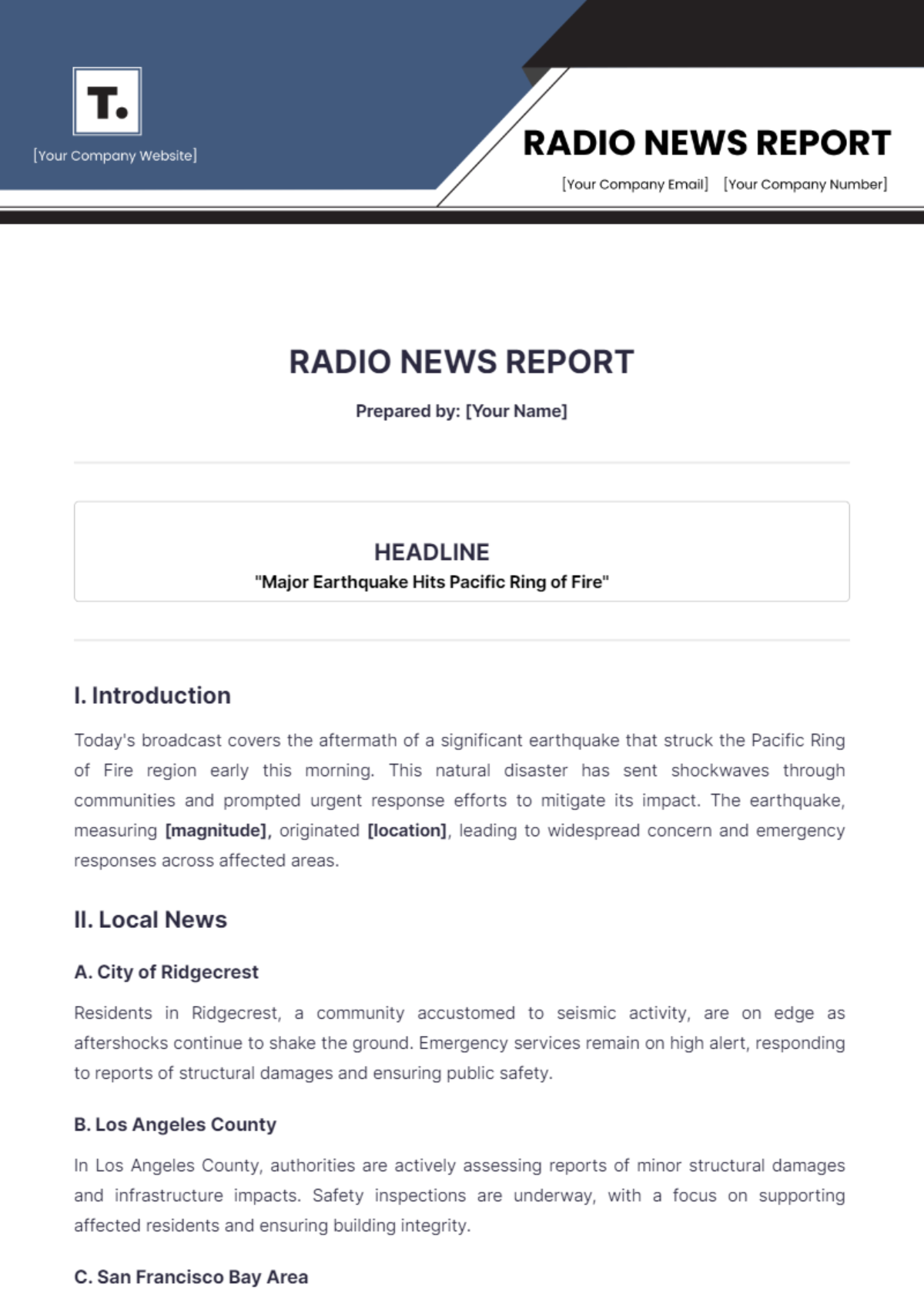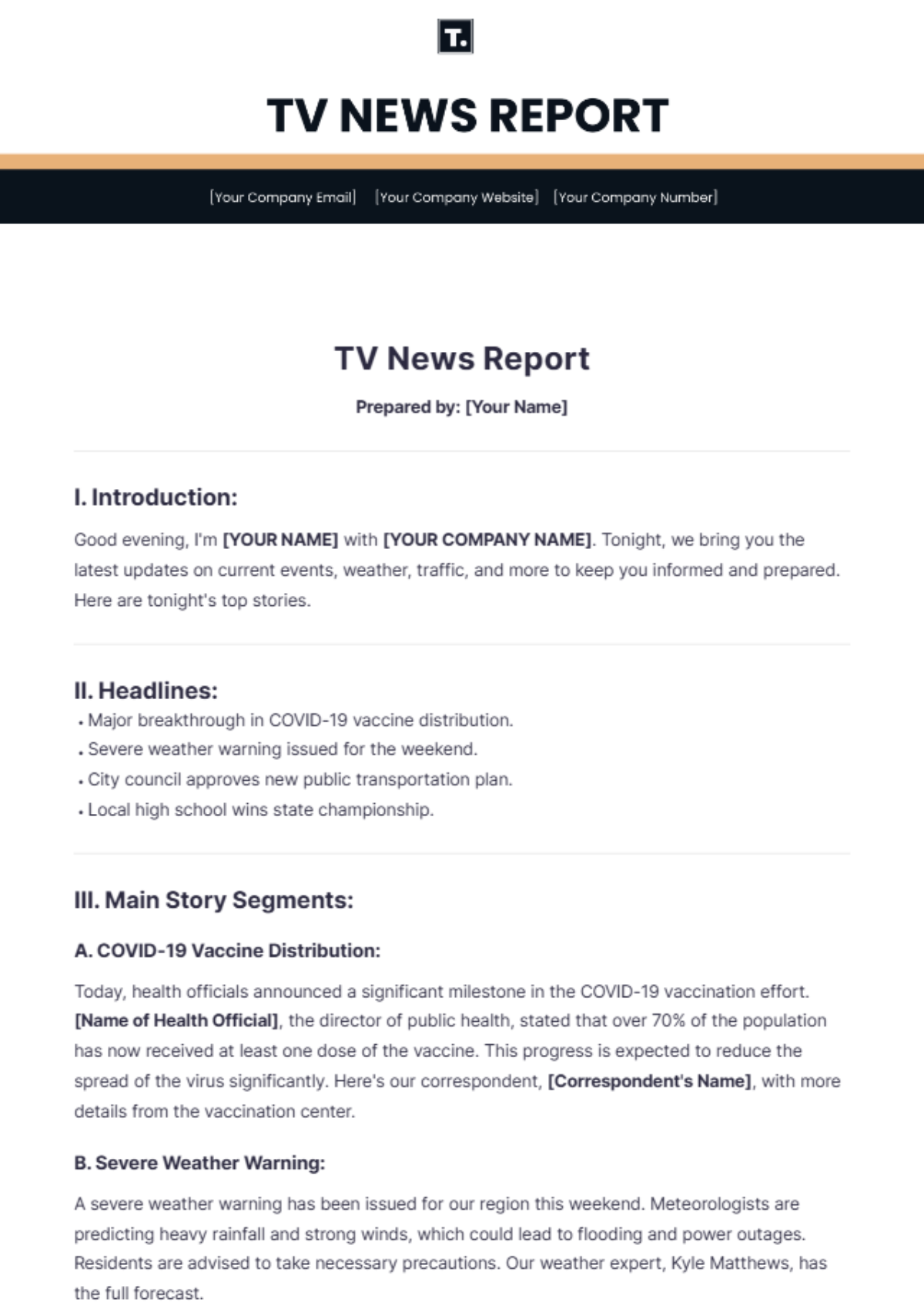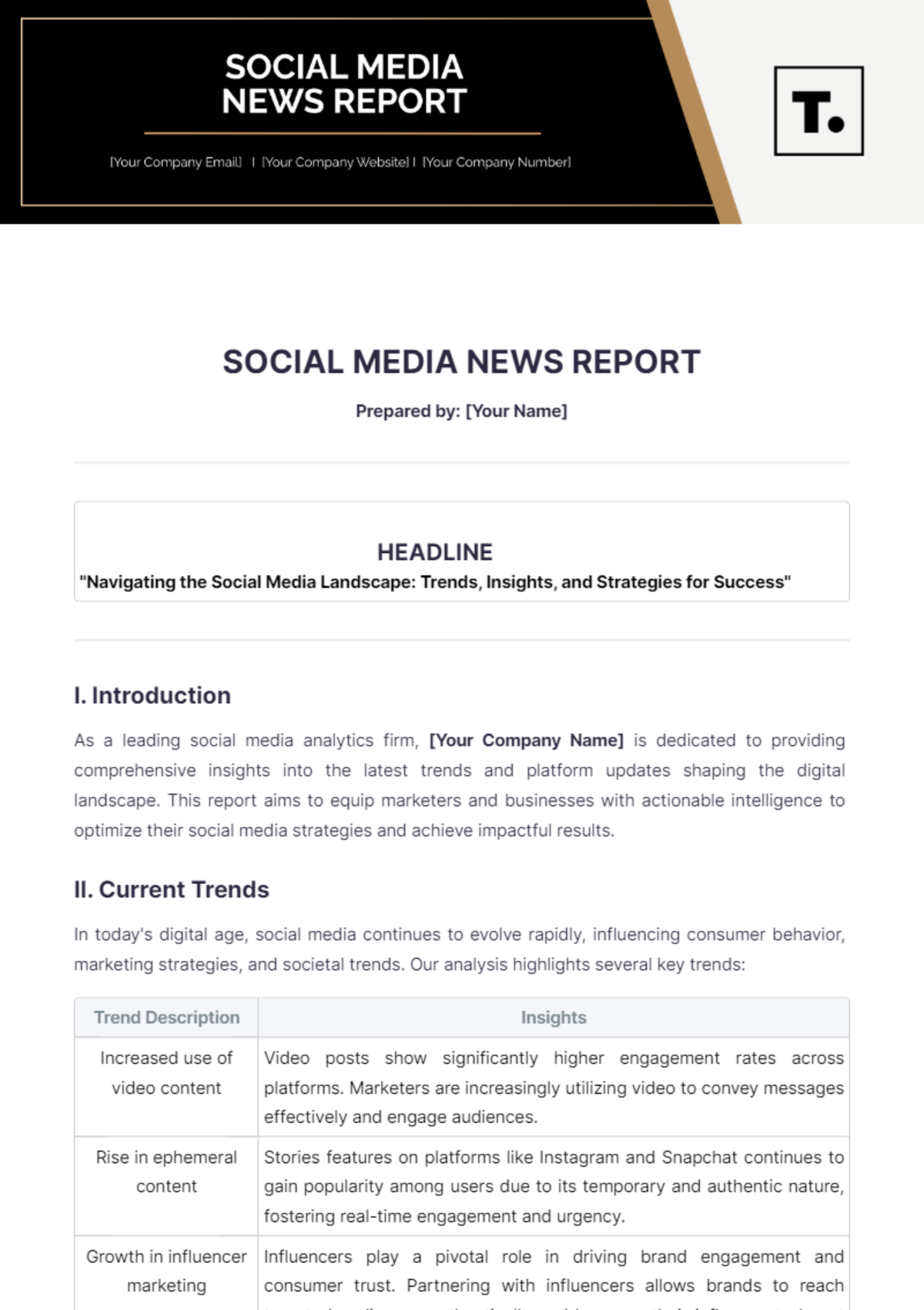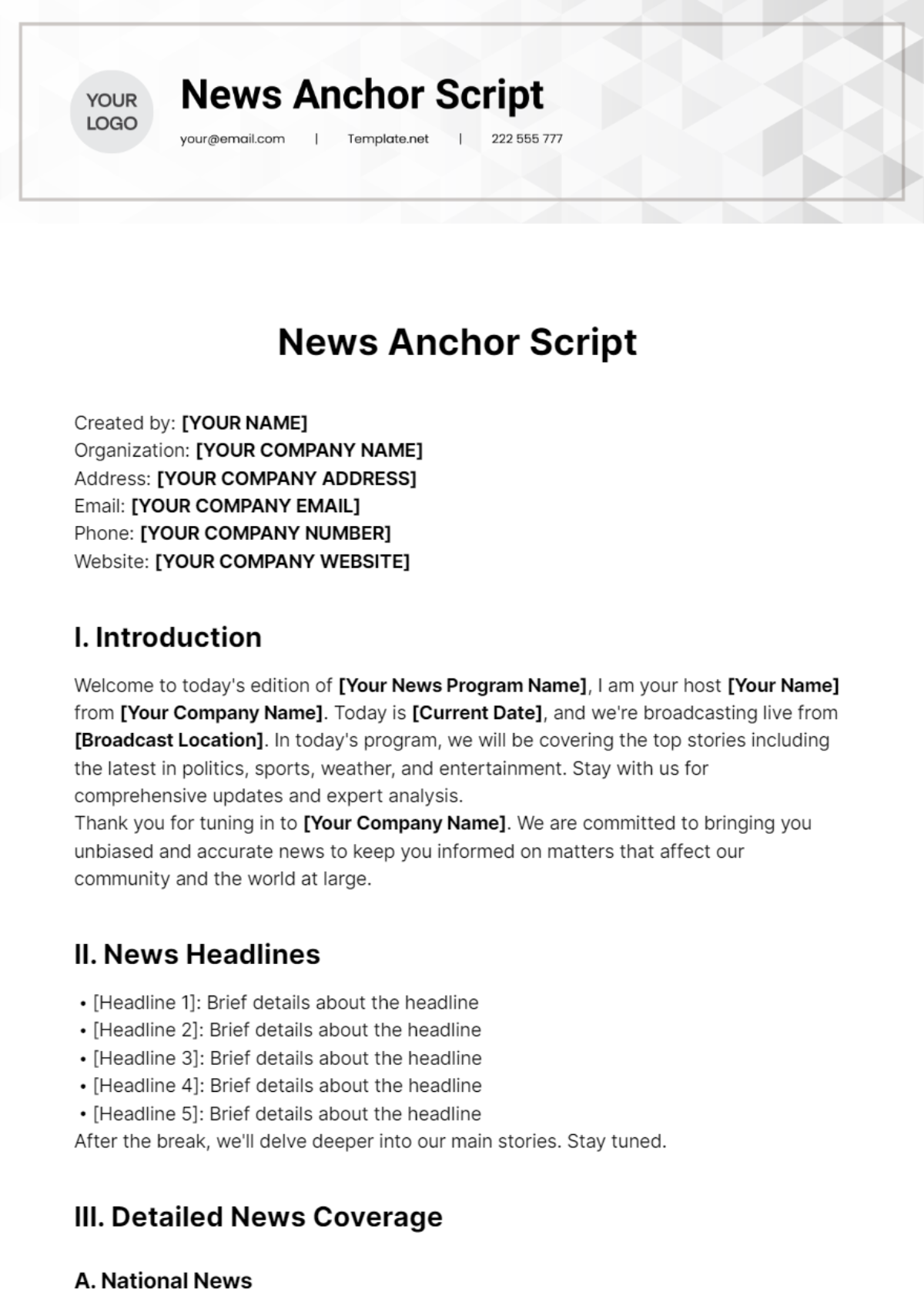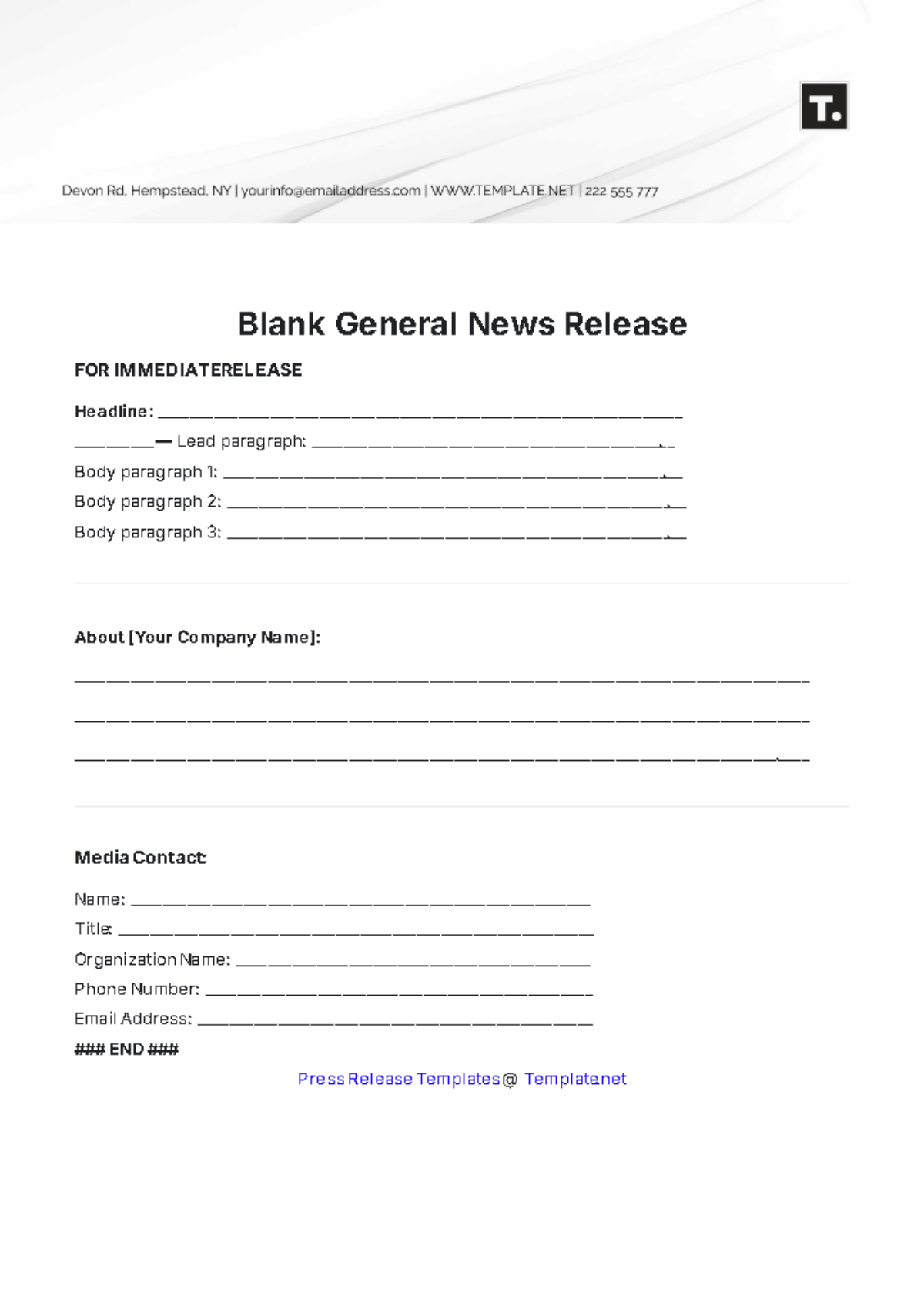Rollout Project Specification
Prepared By: [Your Name]
I. Introduction
This document specifies the comprehensive plan, requirements, and execution strategy for implementing new company-wide software at [Your Company Name], serving as a guide for all stakeholders to ensure coordinated activities within set standards and timelines, aiming to boost operational efficiency and user satisfaction with advanced technology.
II. Objectives
The primary objectives of this rollout project are:
Seamless software deployment across all units.
Minimum disruption to daily operations during the rollout phase.
Efficient user training and support to ensure a smooth transition.
Consistent monitoring and evaluation of the software performance post-rollout.
III. Scope
The scope of this project encompasses various critical aspects and activities, including:
Installation and configuration of the new software across all designated systems.
Migration of existing data to the new software framework without any data loss.
Conducting training sessions for end-users and technical staff.
Establishing feedback and support channels for troubleshooting and optimization.
A. In-scope Activities
The following activities are within the scope of this rollout project:
Software installation and configuration.
Data migration and validation.
User training and documentation.
Implementation of support mechanisms.
Post-rollout monitoring and assessment.
B. Out-of-scope Activities
Activities not covered under this project include:
Development of new software features post-deployment.
Long-term maintenance and support, which will be handled by a separate team.
IV. Stakeholders
Key stakeholders involved in the project include:
Role | Responsibilities |
|---|---|
Project Manager | Overall project coordination, scheduling, and resource allocation. |
Technical Team | Software installation, data migration, and technical support. |
Training Team | Planning and conducting user training sessions. |
Business Units | Participation in the rollout process and providing feedback. |
V. Timeline
The estimated timeline for the project is as follows:
Phase | Duration |
|---|---|
Planning | 2 weeks |
Installation & Configuration | 3 weeks |
Data Migration | 2 weeks |
Training | 1 week |
Rollout | 1 week |
Post-rollout Monitoring | 2 weeks |
VI. Requirements
Several prerequisites must be met before commencing the rollout. These include:
A. Technical Requirements
System compatibility checks and software prerequisites installation.
Network configuration and security settings validation.
Backup systems and data recovery plans in place.
B. Resource Requirements
Dedicated project team comprising technical and training experts.
Budget for software licensing, training, and support.
Access to all systems and databases for installation and data migration.
VII. Risk Management
An effective risk management plan is critical to mitigate potential issues that may arise during the rollout. The key elements of this plan include:
A. Risk Identification
Potential risks associated with the rollout include:
Technical failures during installation or data migration.
User resistance to changes in systems, processes, or technologies.
Insufficient training leading to operational inefficiencies.
B. Risk Mitigation Strategies
The following strategies will be implemented to mitigate the identified risks:
Extensive pre-rollout testing and validation to identify and resolve technical issues.
Engage users early to reduce resistance with info sessions and updates.
Offering thorough training and ongoing support.
VIII. Evaluation and Success Criteria
The success of the rollout project will be assessed based on the following criteria:
Successful software installation and configuration across all systems.
Completion of data migration with no critical issues.
Positive user feedback and high levels of adoption.
Minimal operational disruption during and after the rollout.
Achieving all project milestones within the scheduled timeline and budget.
IX. Conclusion
This project deployment is a vital initiative aimed at enhancing [Your Company Name]'s operational efficiency through advanced technology solutions, with detailed specifications in this document ensuring stakeholder alignment and preparedness for each project phase, facilitated by meticulous planning, risk management, and continuous assessment.




